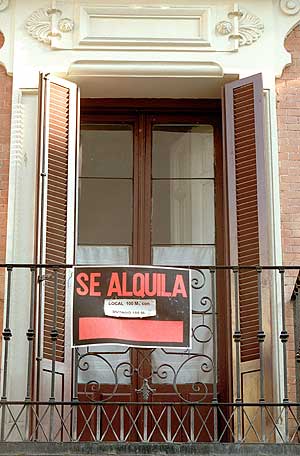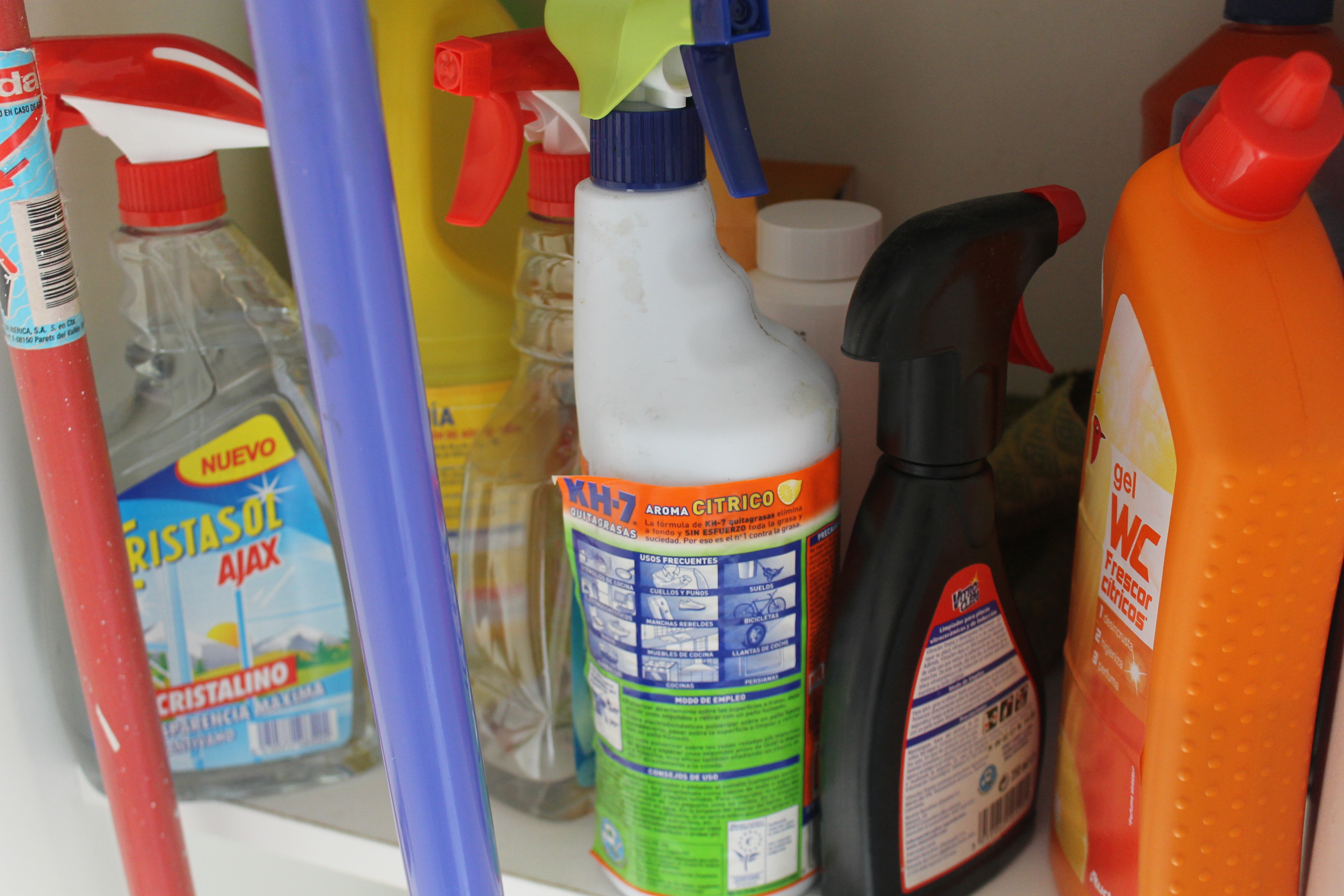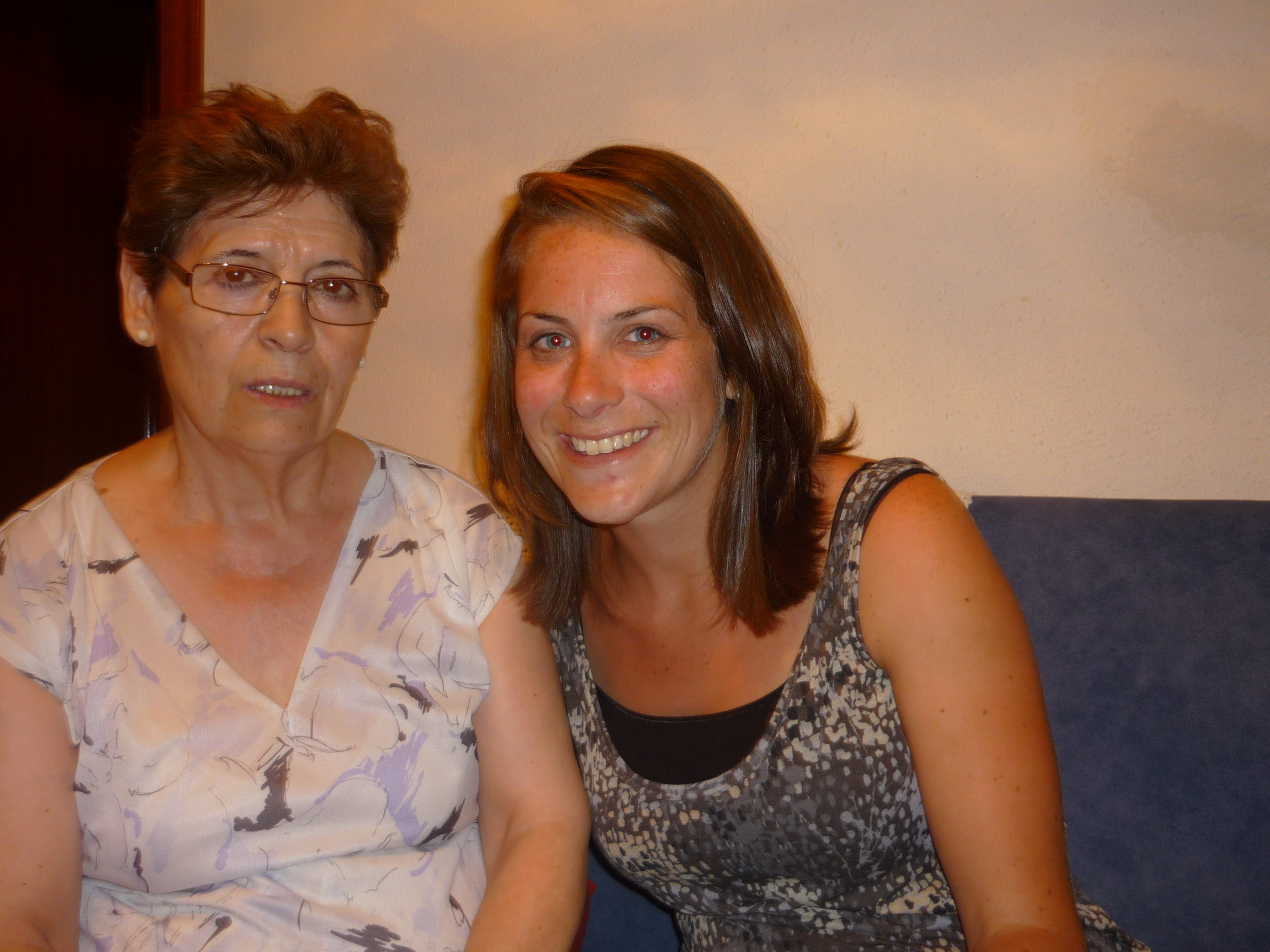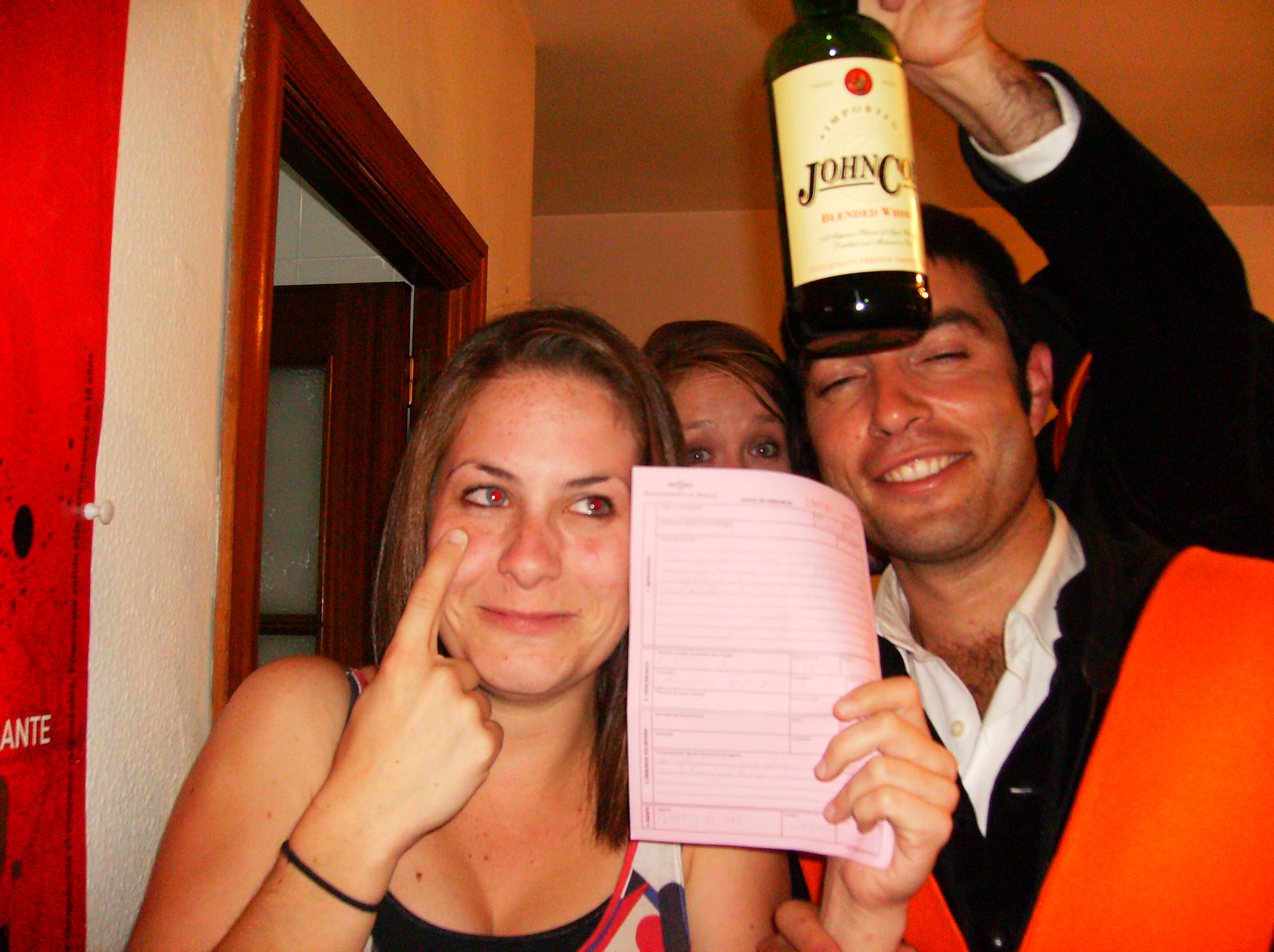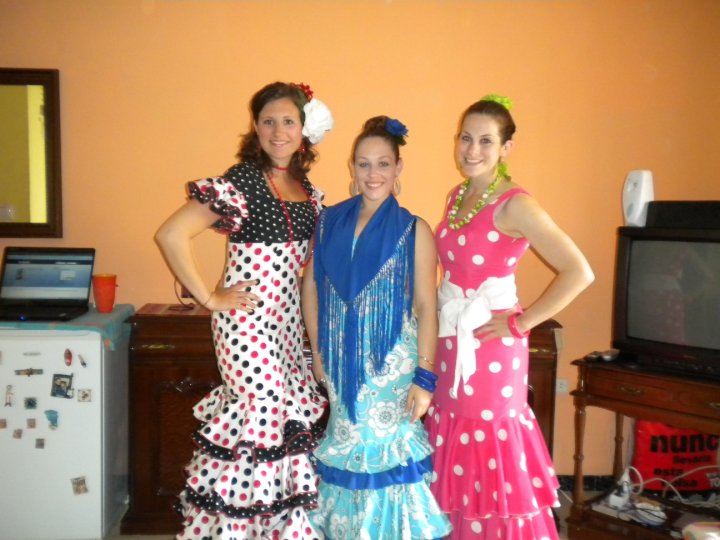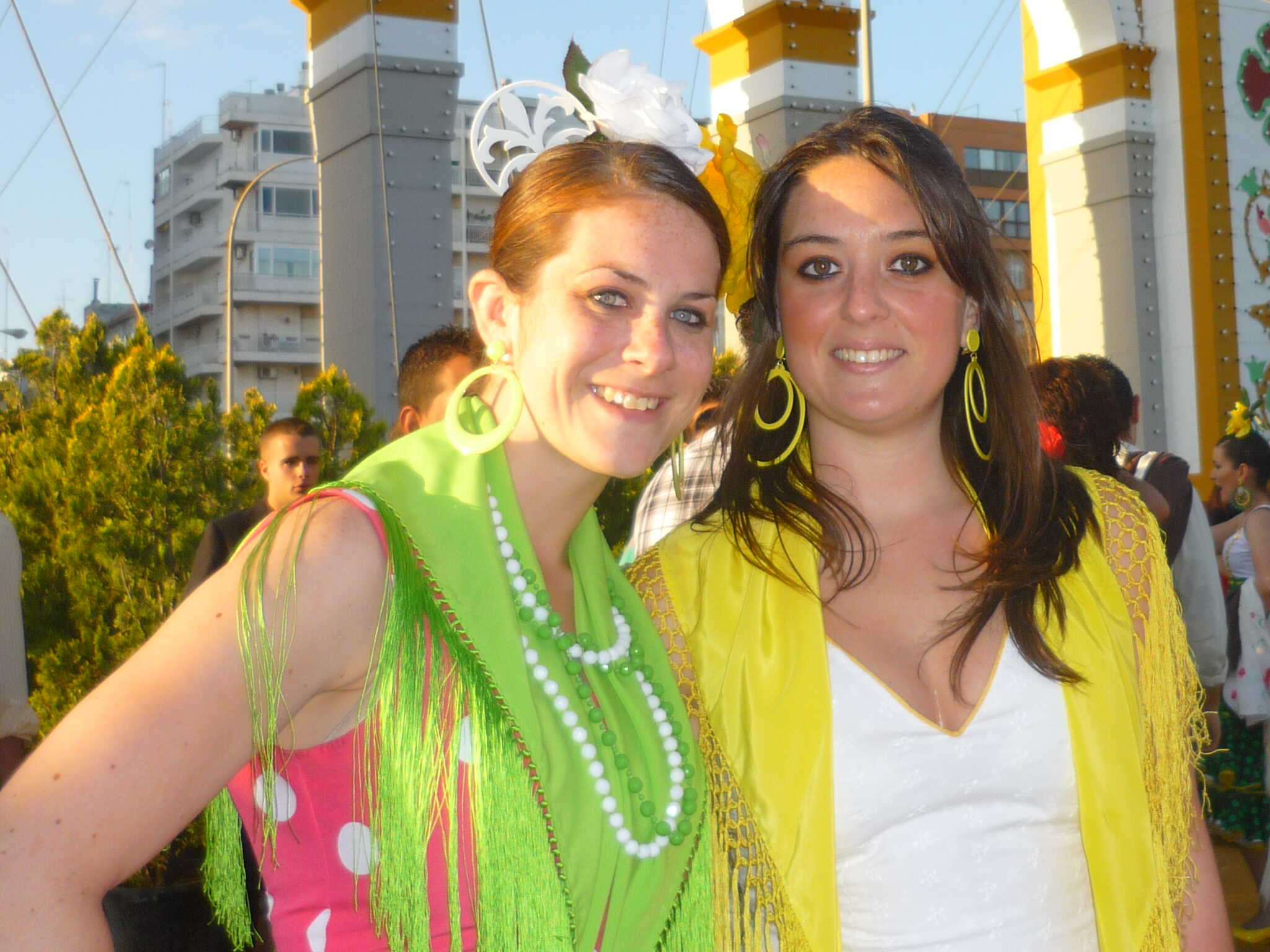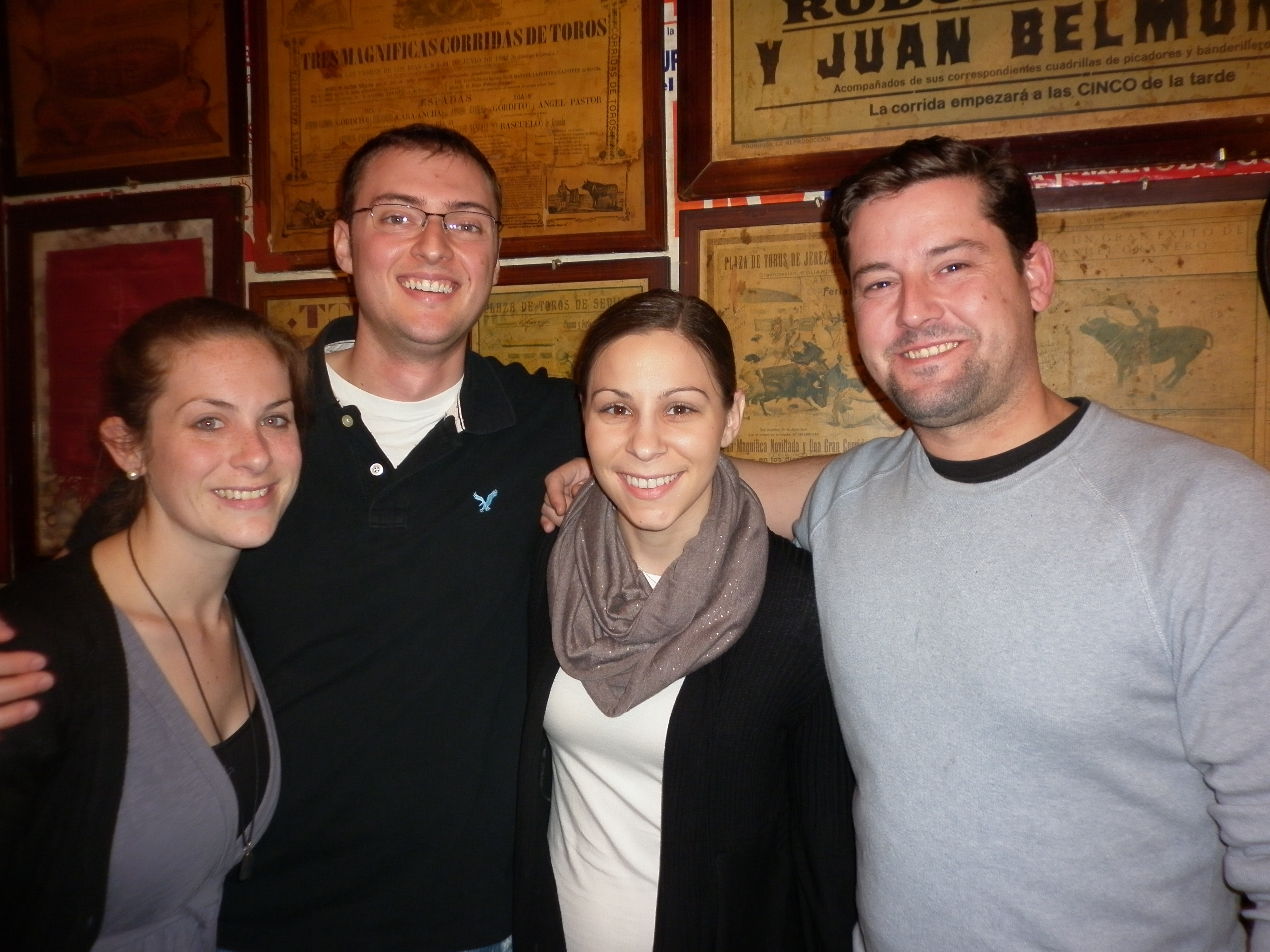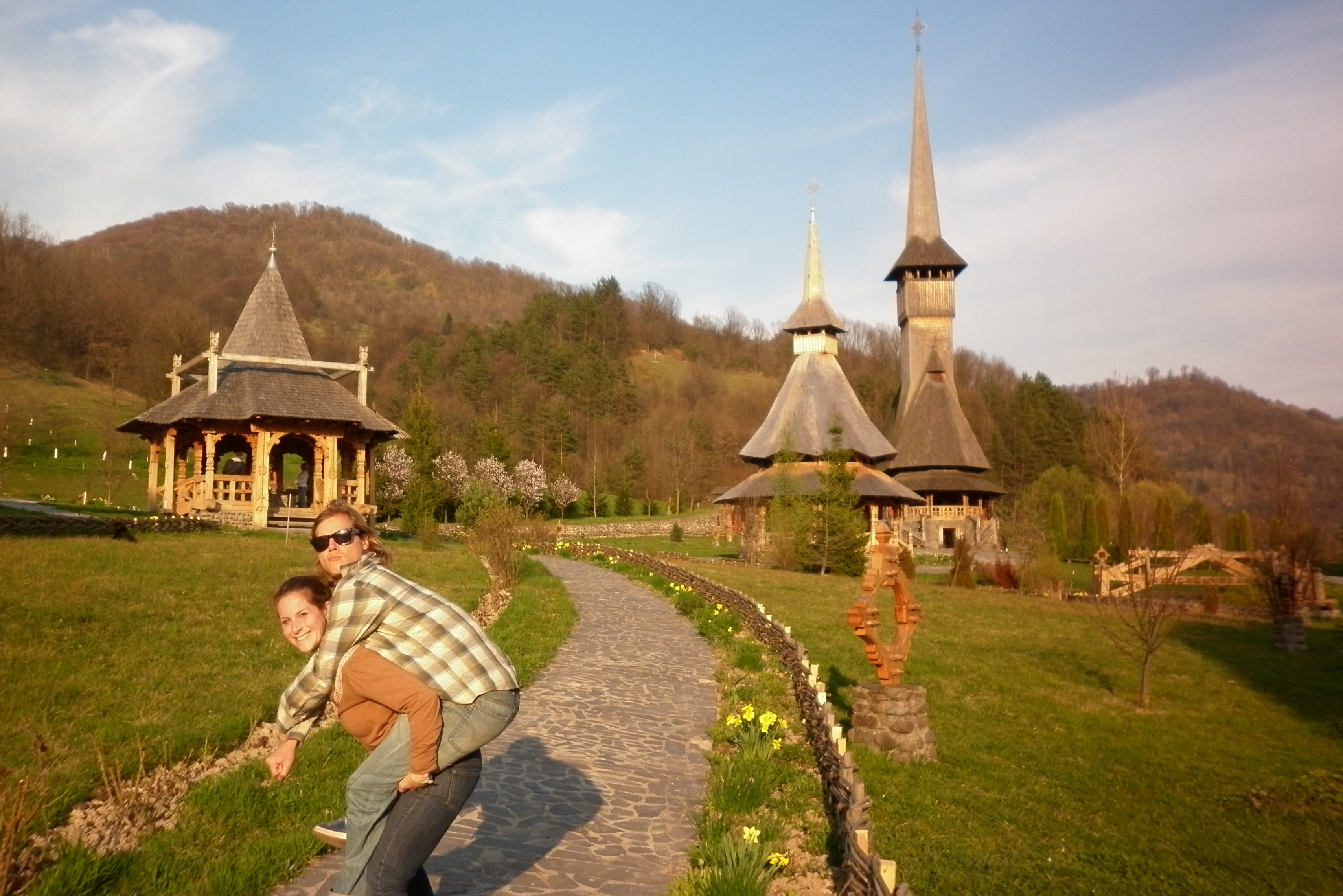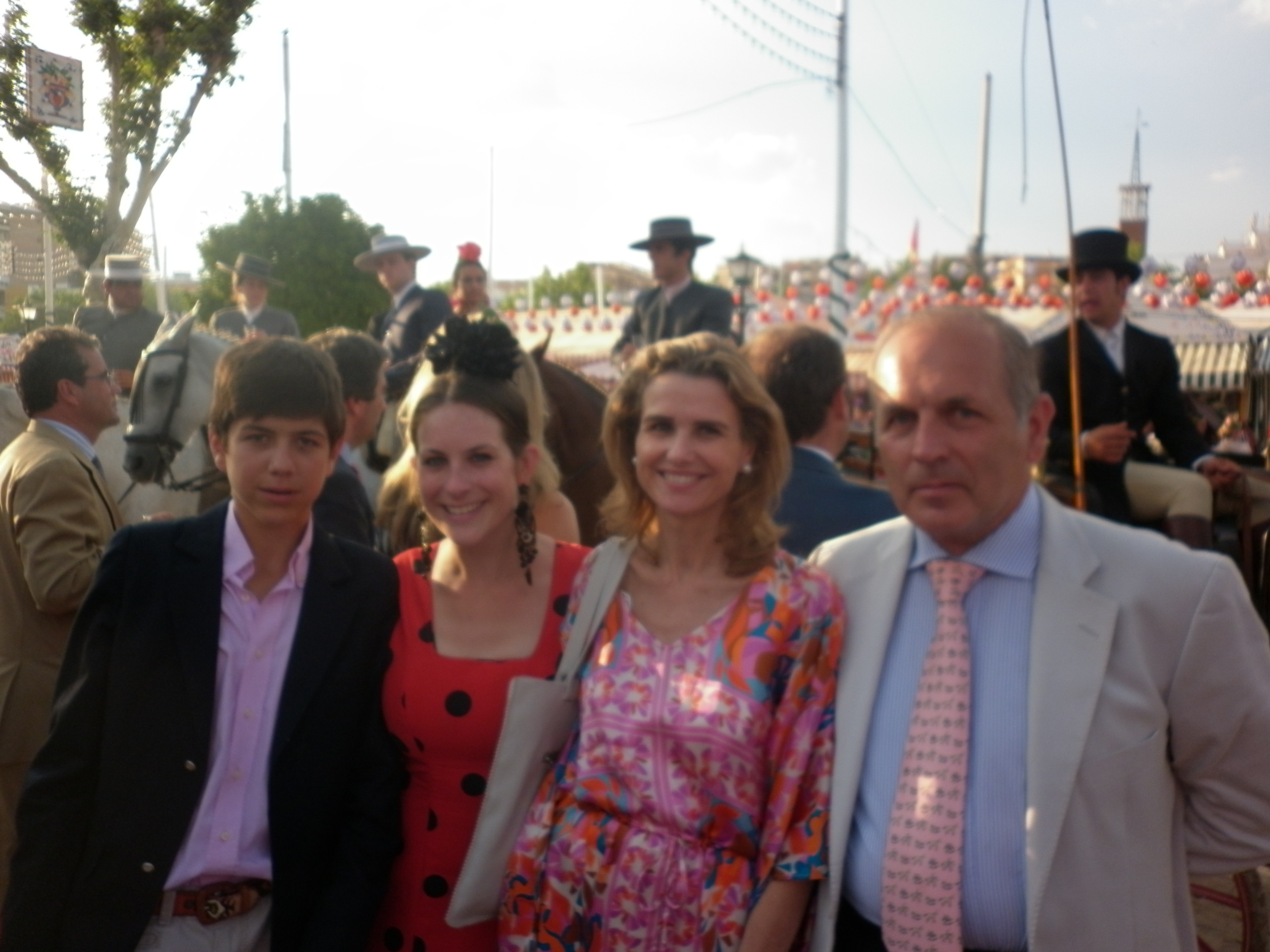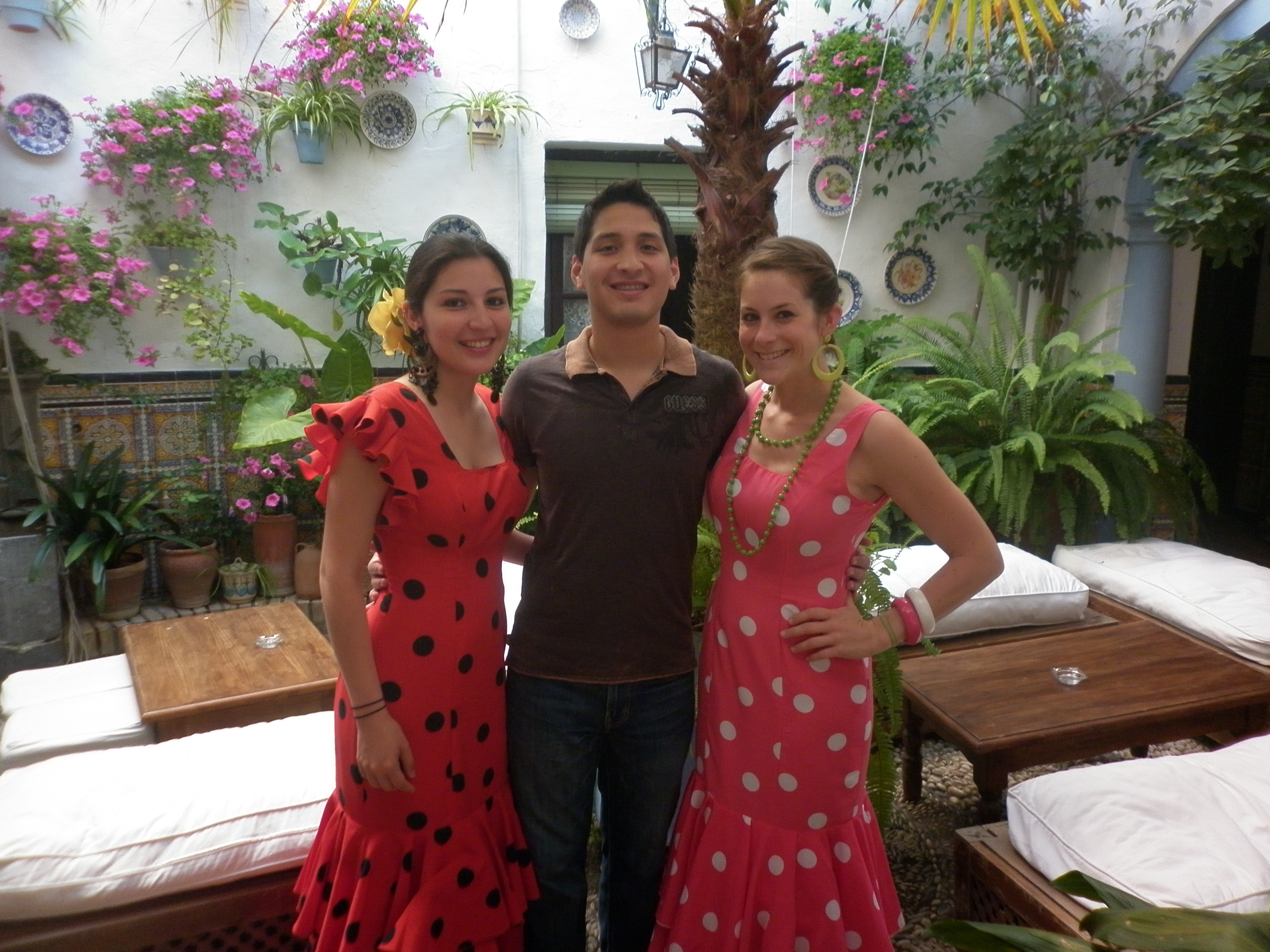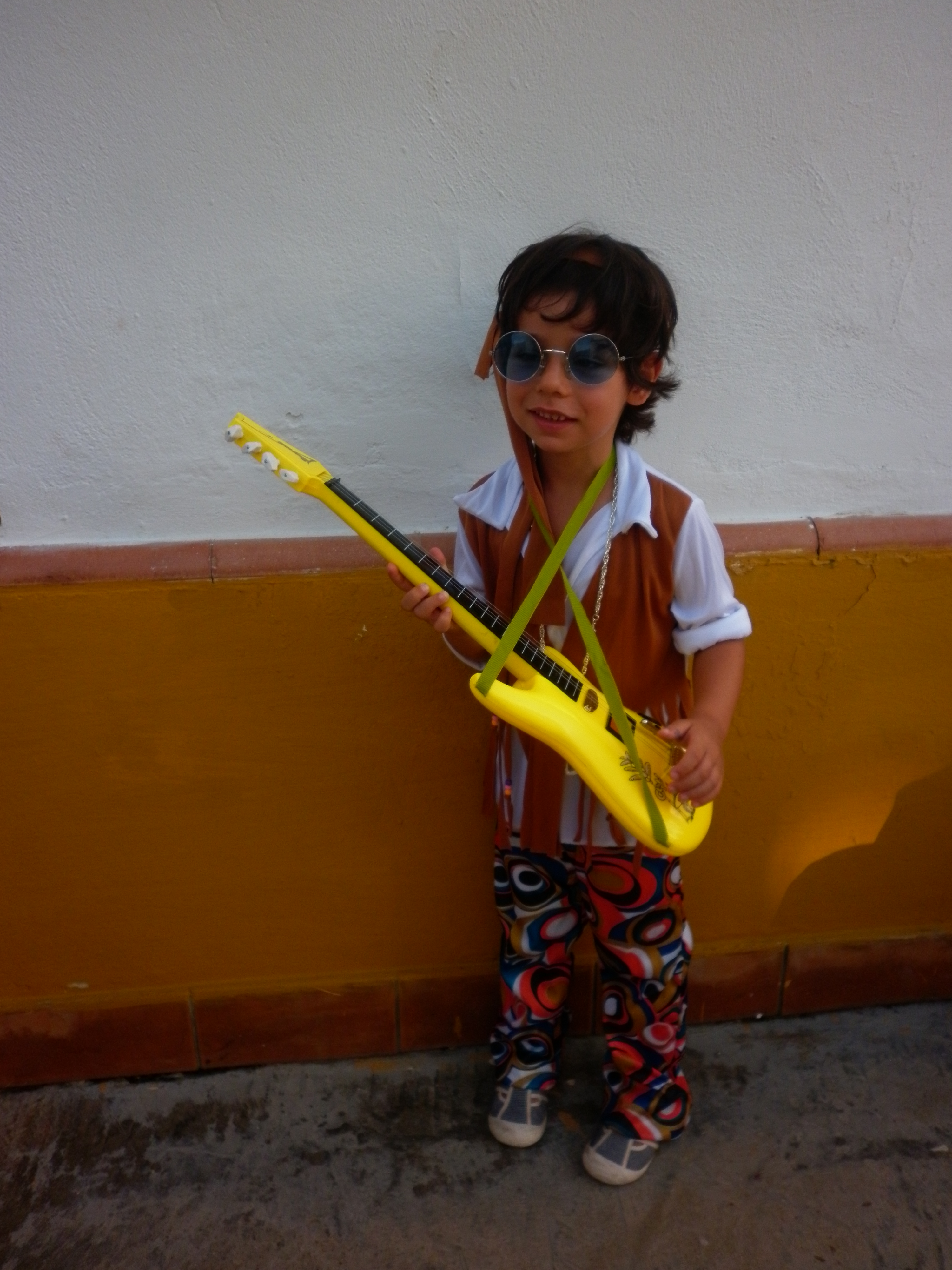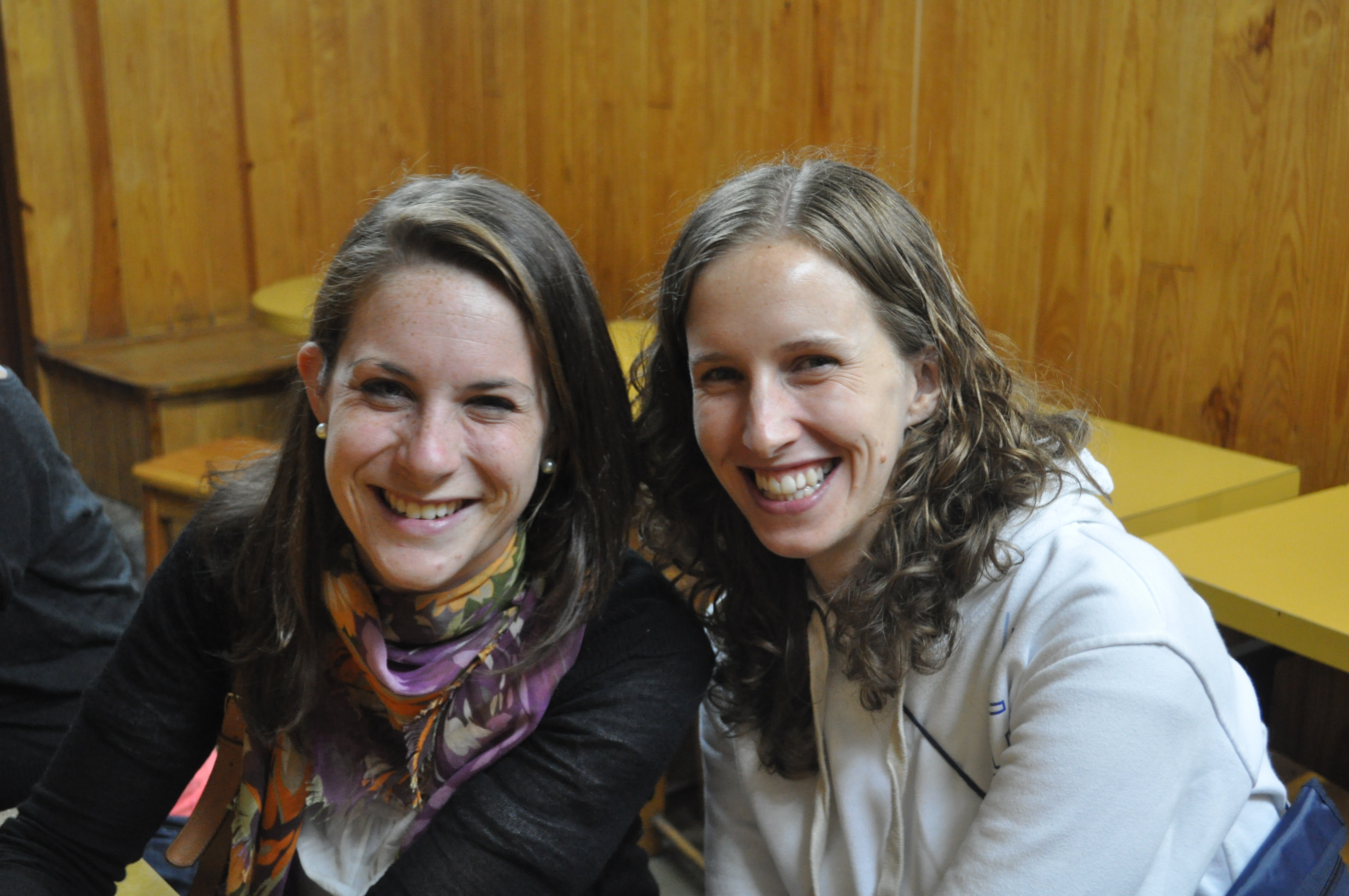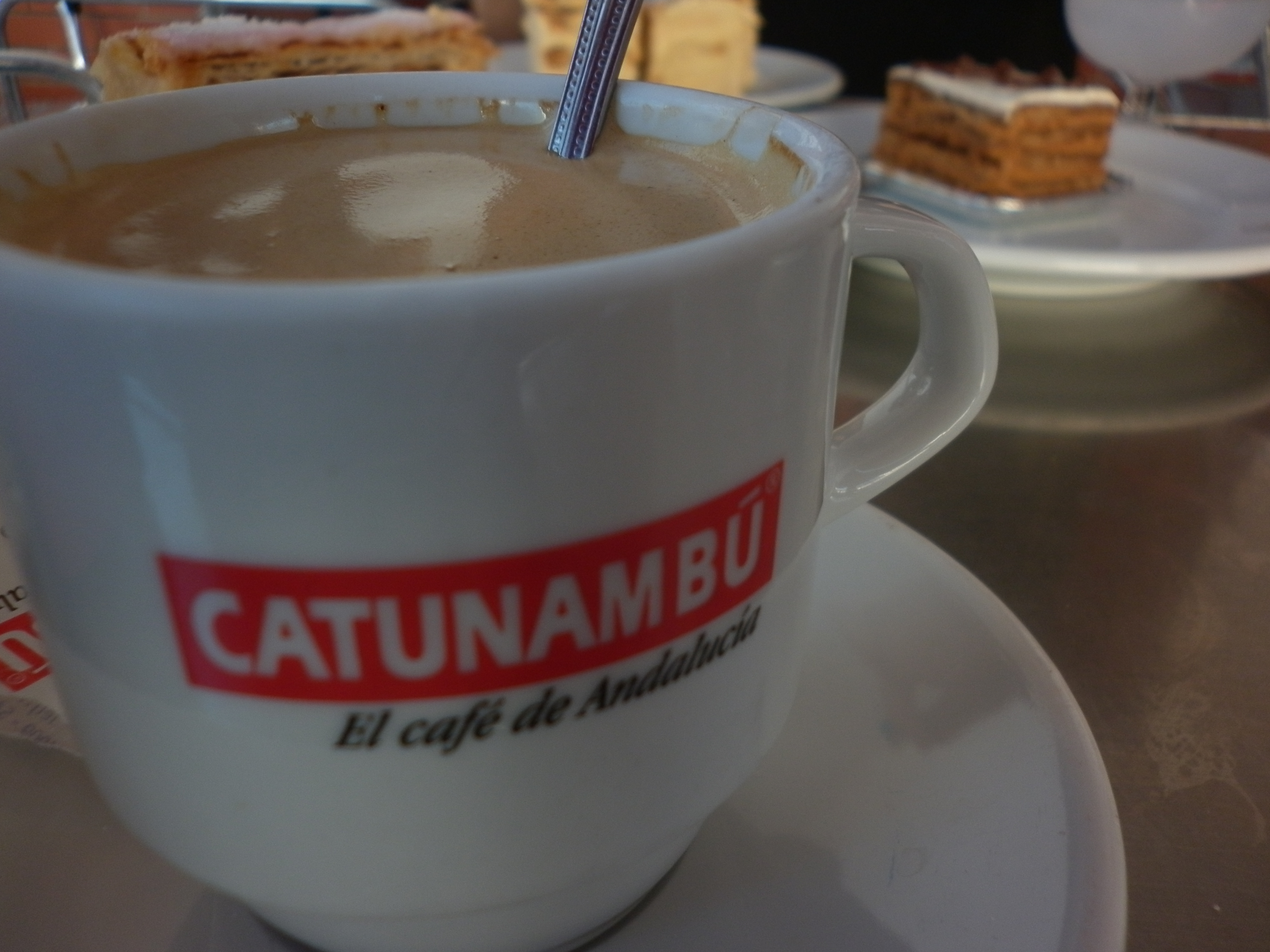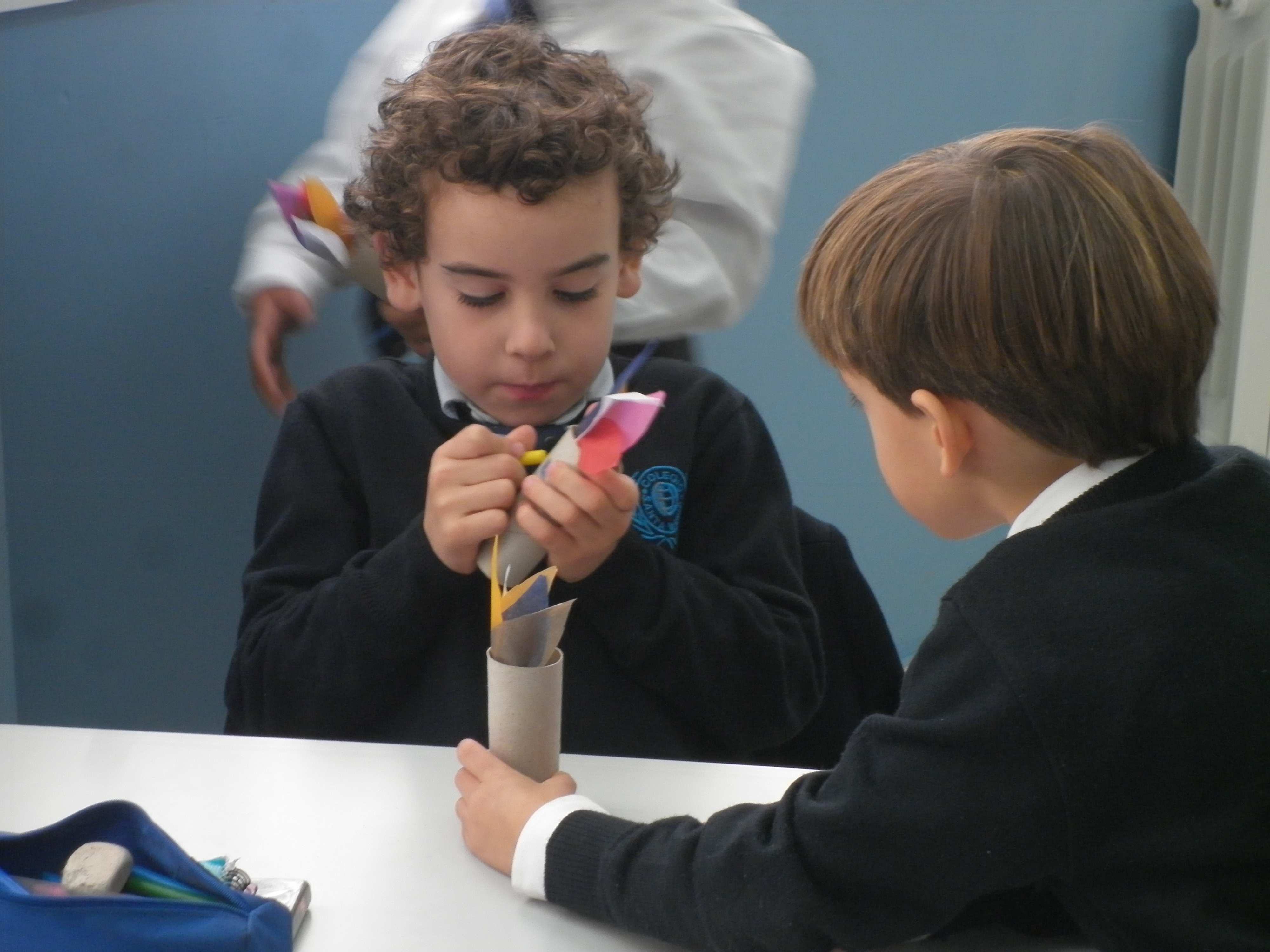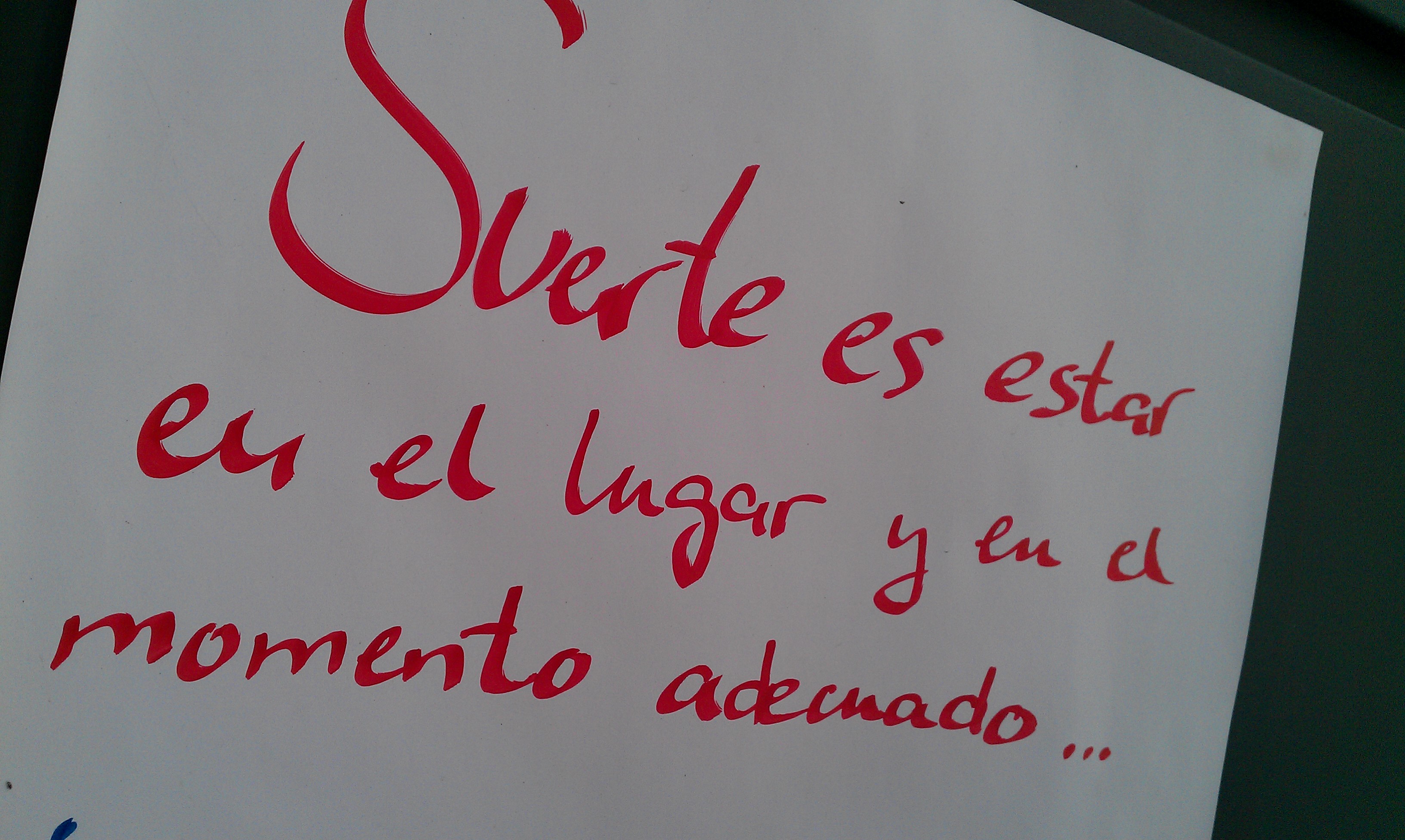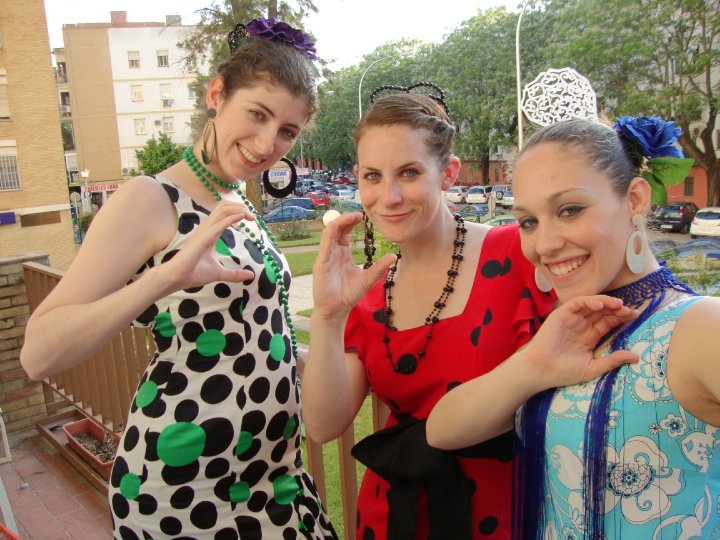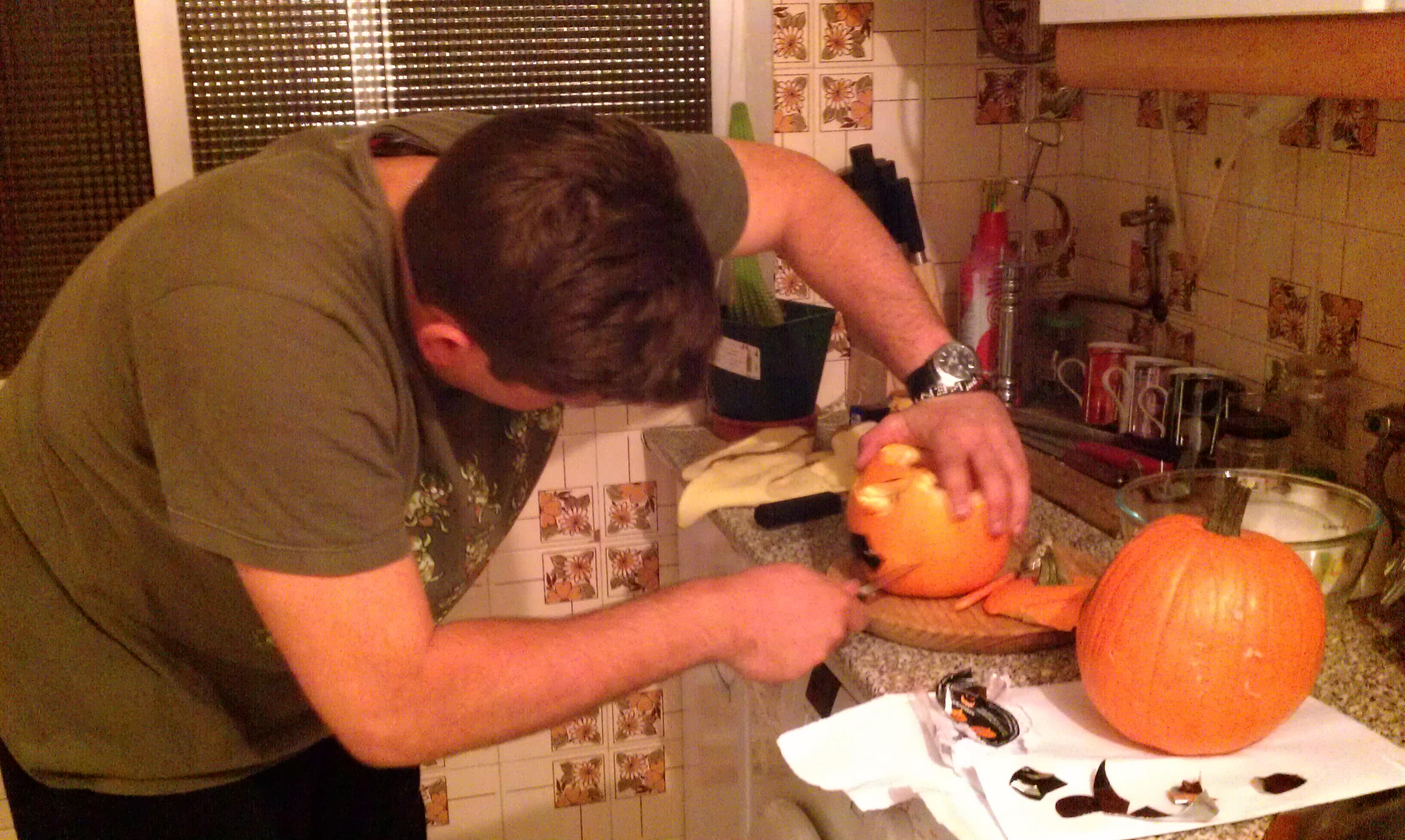It’s January, time for a new start, or perhaps a new outlook. Or maybe even a new living situation.
When you’re abroad, you undoubtedly expect the best when it comes to language acquisition, looking for new friends and lessening the effects of culture shock. In that way, of course, it was like going to college, just with a little bit more life experience, for me. Being a journalist by college degree, I delved into my research about neighborhoods, pricing and what to not expect in my new casa dulce casa in Spain. But you never know when a few strangers are picked to live in a house, work together to survive convivencia and have their lives changed.
In living abroad, one is often faced with questions like, what do you mean there’s no dryer / oven / Walmart nearby? There’s not enough hot water for me to take a shower? What exactly do I do when I spill olive oil all over the floor? Add a language barrier, a mix of personalities (and maybe nationalities) and an ever-present landlord, and convivencia – the art of living together without throwing the compañero off the terraza and hoping he hits all the clothes lines on the way down – becomes ever-important. After three years of a shared piso, four roommates and countless frustrating situations, here are eight simple rules to help you survive convivencia.
1. Be clear about the conditions from the beginning.
My first roommate is called Erin, and we shared a love for Lite beer, college football and the movie Center Stage. But we were also comm majors, so we learned early on that the easiest way to live with one another was to be able to communicate. When I say be clear from the beginning, I mean to lay down the rules and conditions until your ears bleed.
Some questions to clear up could be:
- Can I have guests spend the night?
- What day must the rent be paid by?
- How will we split utilities?
- Are we sharing food, just a few communal things, or nothing?
- What’s your relationship like with the landlord?
- Is there Internet? How does it work?
When each party is able to understand just how you’ll deal with tricky situation, a roommate who can’t pay, and cleaning, your convivencía will be ten times easier to achieve.
2. Make a chore chart.
It sounds silly, but when you get to a foreign country and are confused by pretty much every label, they help. When in Spain, for example, Mr. Clean doesn’t exist. instead, he’s called Don Limpio, and he can be used for all sorts of stuff in the kitchen and bathroom. Cilit Bang becomes the miracle liquid, and detergent pills are more common than its liquid counterpart. As Hayley points out, there’s a methodology behind the clean floors issue: vacuum, sweep, wipe down. As Spaniards don’t have carpet – at least in the South – you’ll find that cleaning your apartment can sometimes be a drawn-out, hair-pulling sunday morning routine.
Having a chore chart that’s agreed upon by all can be the most helpful way to ensure buena convivencia. I often waged small battles against roommates who didn’t clean or asked me to do it instead. And, when all else fails, you can hire a limpiadora. With the economic crisis rampant in Spain, many unemployed people are offering their cleaning services for as low as 6€/hour. Look on websites like Loquo or even on lampposts for fliers.
3. Communicate openly, especially about money, upkeep and type of contract.
This goes back to laying down the law upfront, and then holding your compañeros to it. If you get a contract, know the conditions (and brush up on your housing vocab) and be clear about how any communal money will be spent. Before moving in with the Novio, I lived in a shared flat with two other girls. The Spanish girl was in charge of handling the money and paying the landlady, so we gave her our rent plus an agreed amount each month. Anything we didn’t spend in utilities was used for cleaning supplies, household items like onions and oil, and the occasional Telepizza for us. Honestly, it worked, and we rarely squabbled about money. Don’t be afraid to confront your roommate if there’s a discrepancy, you need some doubt resolved or you think there’s a better way to do things.
4. Ask for a contract.
I found out the hard way that having a housing contract can be to your advantage if you plan on staying in Spain for more than a year or two. On the negative side, the contract makes you liable for damage to the apartment and to pay each month. When you’re an auxiliar, living in your piso for just eight months while you’re visiting America over the summer could be a hassle, especially if your landlady was not too keen on the idea of having subletters like mine was. On the other hand, having a contract serves as proof of residency, which could be handy if you need an empadronamiento, which is a legal acknowledgment of your residency. I ran into the problem of not having one because my landlady wasn’t paying takes to the government on me, so she outright refused to help me out. The plus side? I left a few months before I said I would and didn’t need to pay the last few months’ rent.
5. Tell your señora you’re not coming for lunch/merienda/dinner.
Call it a personal story (or maybe one I have heard a trillion times), but part of respecting your host family is a simple, Yo, Pepa, I won’t be joining you for another stew made of whatever it is that’s in your fridge. My little old host mom, Aurora, she of Radio María and fish head-eating fame, was never quiet about how much trouble it was for her to find a suitable meal for us. It was the great sequía of 2005 (when all of Spain suffered heat and a drought), and we barely ate a thing. Aurora took this personally and chided us to stuff our bellies. The problem was, I happened to be living with a vegetarian who couldn’t stomach fish, and I myself didn’t eat fish. We had a steady diet of Cola Cao, tomatoes and tortilla de patatas with plenty of cheese and nocilla chocolate (and I swore I lost about six pounds!). Still, Aurora nearly took the Lord’s name in vain when we didn’t turn up for lunch one day, and she’d finally figured out how to turn on the oven to make us pizza.
She just shook her head in disappointment. I realized then that we had become like family to her, and she was hurt that we hadn’t advised her that we chose Pans and Company sandwiches over her culinary delights. If you’re living in someone else’s house, abide by the rules and keep them informed. You may be an adult, but being on an exchange program means they’re also in charge (and many times, invested) in your well-being.
6. Respect the rules and the neighbors.
You may never exchange a word with the little old lady in 3ºD, but don’t go out of your way to piss her off, either. Little ladies in Spain pack a lot of heat, I’m telling you, and they chatter away with one another about you. I found out the hard way during my first few weeks at my apartment in Triana. My friends were visiting from nearby Huelva, and upon leaving the cathedral, ran into a group of minstrels. They day turned into evening turned into we were hammered enough to invite them to my house for a party. We stocked up on cheap whiskey and canapés before the tunos showed up, and transformed my tiny piso into a heathen paradise. I will forever associate the term “sexy bones” with Kait Alley and the 14-year-old we all swooned over.
Soon after, I heard a knock on the door, and ran away on instinct. Alfonso opened the door and told me the cops had come. They let me off with a warning, not the 100€ disorderly house fine. My German roommate begged me not to tell the Spanish one, but she found out soon enough. When I admitted the whole thing to her, she wasn’t too angry but asked me to be more respectful. After all, she’d been living in the building for ages, and instead demanded to know who had used her brush, which was full of long blonde locks.
Other ways to piss off your neighbors is having your shower leak (happened to us), getting locked on your balcony (the lady told me not to drink early in the morning), tanning on your terrace or having all of your guiri friends over Saturday night for a botellón.
7. Don’t settle
If you’re not happy with your living situation or you find something better, just move out. I know, it’s a huge pain in the ass to cart your stuff across town and up a few flights of stairs in the heat, but in the end you may be happier. I was excited to have an acquaintance a mere three minutes away, but not halfway into the year, she was moving out and into the center, where she shared a villa with an eclectic mix and was much, much happier. Offers come and go, so don’t be afraid to look for something that better fits your bill. Most auxiliares or Erasmus students freak out in coming to Spain and having just a few days to adjust to the language, jet lag and sunshine, and then think about trekking all over town to find a place at the height of the season (early September and mid-January, as the student turnover during this time is quite high).
I had a beer with a friend a few weeks ago who told me she’d moved from one neighborhood to another in Seville just recently. Her reasoning was that she was paying too much – although in a great locations with many amenities – to only live in Seville two-three days a week. She now shares a bedroom and pays a fraction of a cost. Be practical – know what you want in your future home, and move on if you can’t get it.
8. Develop a penchant for beer.
Just trust me on this one. (Ok, I couldn’t think of an eighth rule, either).
People ask me all the time how it was that I came to call Seville home (including International House Hunters!!), and how I went about finding a place to live. There are tons of online sites and placement agencies, but I did all of the work myself. While I can’t say I loved the noise from the nearby soccer pitches or having to take cold showers every now and then, I did survive convivencia, Spanish temperaments and even a weirdo landlord who always came round when I was just stepping out of the shower (FOR REAL). Melissa, Sanne, Eva and Megan will forever be compis, even though it’s been ages since I’ve seen most of them. They may not be my bestest friends, but we dealt with different languages (English was the lingua franca), painting the walls ourselves, a neighbor who always cooked naked, a stampede of Chinese people in the teeny apartment above us, getting locked on the balcony and rockhard beds. And we survived. So much, so, that I now have bedbugs and the boyfriend on the daily. O-freaking-lé.
Tell me your roommate horror stories! Landlord fracasos! About living under a bridge down by the river!
